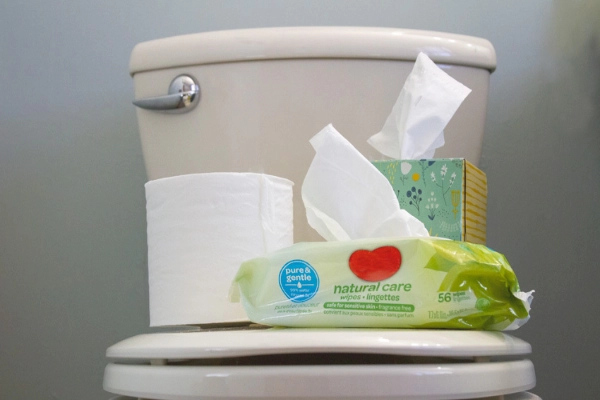
If you live in a rural area, there’s a good chance you depend on a septic system to handle your home’s wastewater. And if you’re a new septic tank owner, you may not know that your septic system requires a little bit of care to stay in good working order. The good news is that septic system maintenance does not have to be complicated, expensive, or messy. Keeping up with basic care and maintenance of your septic system will ensure it works properly for many years to come.
Below are some helpful hints on keeping your septic system healthy and working efficiently!
Have Your Septic System Inspected
Regular inspections and maintenance will help improve the health of your septic system. Inspections can help find minor issues such as water leaks which may cause the septic tank to fill more quickly. Getting small issues repaired quickly will help keep them from becoming bigger problems in the future.
Getting your septic tank regularly pumped out is also important. There are many factors that determine how often the septic tank should be pumped out, including the size of your household, the amount of wastewater generated, and the size of the septic tank. When in doubt, a good rule of thumb is to have your septic tank pumped out every 3 to 5 years.
Use Water Efficiently
A frequent factor in a failed septic system is too much water usage. Check faucets and toilets for leaks and make repairs as necessary. This will help reduce the amount of water flowing into the septic tank.
Another thing to keep in mind is to not drain your hot tub into the septic tank or drain field as large volumes of water can 'drown' your drain field. Also, the chlorine in the hot tub may kill the bacteria in your septic tank which can cause issues down the road.
Be Mindful With Your Landscaping
The grass is the ideal coverage for your drain field as it will help reduce erosion. Plants with a shallow root system can also be used near the drain field, but anything with a longer root system, especially trees, can cause root intrusion and structural damage to your septic tank.
Too much water in the drain field is a problem. Make sure that any extra water from sprinklers or irrigation systems runs away from the drain field.
Keep the Drain Field Clear
You should never park or drive over the drain field. Keep storage sheds, patios, carports, and any type of landscaping plastic away from this area as well. This will keep the soil in this area from being packed down which may result in broken pipes.
Keep Your Septic Tank Lid Easily Accessible
A riser is a great addition to your septic tank. It allows for inspections to be less expensive and less time-consuming. Also, when the time comes to have your septic tank emptied, a riser allows for less mess and disruption to your yard.
Watch What Goes Down the Drain
Minimize garbage disposal/garburator use to prevent the build-up of solids inside the septic tank. This build-up can quickly clog or choke the drain field.
Also, pouring grease down the drain is a big no-no. The grease can often form gunk along the drainage pipes. If too much grease goes down the drain, over time it can clog the drain field which may result in costly repairs.
Never flush anything down the toilet besides human waste and toilet paper.
Each septic tank holds bacteria necessary for breaking down the solids in the tank. Pouring chemicals down the drain and into the septic system may kill this bacteria, causing issues down the road. Using earth-friendly cleaners will help minimize the disruption to the bacteria in the septic tank.
If any problems arise with your septic system, call your local Mr. Rooter® Plumbing You can also request a job estimate online for help resolving any septic tank concerns or problems.
When your septic tank gets full, sewage can back up into your basement. Rainbow International has the raw sewage remediation assistance you need. And because they are part of the Neighborly Family of home services, you can trust Rainbow International for good advice and outstanding service.